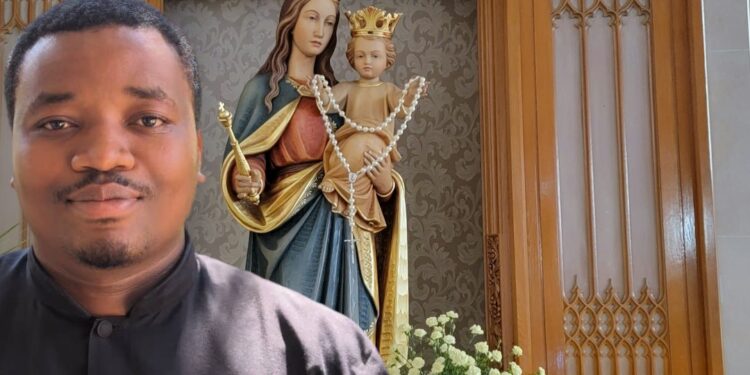Hope is often described as the virtue that enables us to desire and strive for a better future. As the Catechism of the Catholic Church states, “Hope is the theological virtue by which we desire the kingdom of heaven and eternal life as our happiness, placing our trust in Christ’s promises and relying not on our own strength, but on the help of the Holy Spirit” The ancient Greek philosopher, Aristotle, defined hope as “a waking dream”. Hope is the spark that ignites our imagination, enabling us to envision a brighter future.
In today’s world, many people are suffering from hopelessness. The mistreatment of others, whether in the workplace, community, or social gatherings, can lead to feelings of despair and desperation. As the Bible reminds us, “We are all born with different gifts, and we are all called to use them to serve one another” (1 Corinthians 12:4-6).
Hope is the cardinal virtue that builds humanity. By embracing hope, we can break down barriers, construct a more compassionate world, and become a source of hope for those around us.
As we embark on the 2025 Jubilee Year, Pope Francis invites us to embrace the theme of “Pilgrims of Hope.” This theme is a call to rediscover the essence of hope in our lives, a hope that is rooted in divine grace rather than personal aspirations.
As the philosopher Blaise Pascal once said, “Hope is the wake which the ship of life leaves behind it, and which, as it recedes, becomes less and less discernible”. Pascal’s words highlight the danger of losing hope in divine graces, leaving us with a sense of desperation and disorientation.
As humans, we come from diverse backgrounds, each with our unique experiences and perspectives. The ancient Greek philosopher, Plato, noted that “human beings are born with different natures, and each one has a unique role to play in the world”. The Bible teaches us to welcome and embrace one another, despite our differences: “There is neither Jew nor Greek, slave nor free, male nor female, for you are all one in Christ Jesus” (Galatians 3:28).
Personal hopes, while seemingly appealing, can be a source of danger and disillusionment. The philosopher Jean-Paul Sartre warned that “man is condemned to be free; because once thrown into the world, he is forced to choose”. Sartre’s existentialist philosophy highlights the burden of responsibility that comes with personal hopes, which can lead to anxiety, fear, and despair.
In contrast, hope in divine graces offers a sense of security and trust, as expressed in the biblical quote, “For I know the plans I have for you,” declares the Lord, “plans to prosper you and not to harm you, plans to give you hope and a future” (Jeremiah 29:11).
As pilgrims of hope, we are called to explore our human values and apply all our faculties to become sources of hope for others. Our different livelihoods, family backgrounds, geography, and nature of work define us, but they also limit us. We need each other’s perspectives, skills, and experiences to build a more just and compassionate world.
As pilgrims of hope, we are invited to journey together, sharing our experiences, struggles, and aspirations. This journey is not about individual achievement but about collective growth and transformation.
By embracing prayer, humility, love, and faith, we can cultivate a deeper sense of hope in our lives. As the Catechism states, “Hope is the virtue that enables us to trust in God’s goodness and mercy, even when we do not see the results of our efforts” (CCC 1820).
Sem. Robert Bigabwarugaba
robertbigabwarugaba@gmail.com
St Paul’s National Seminary – Kinyamasika
Do you have a story in your community or an opinion to share with us: Email us at editorial@watchdoguganda.com













